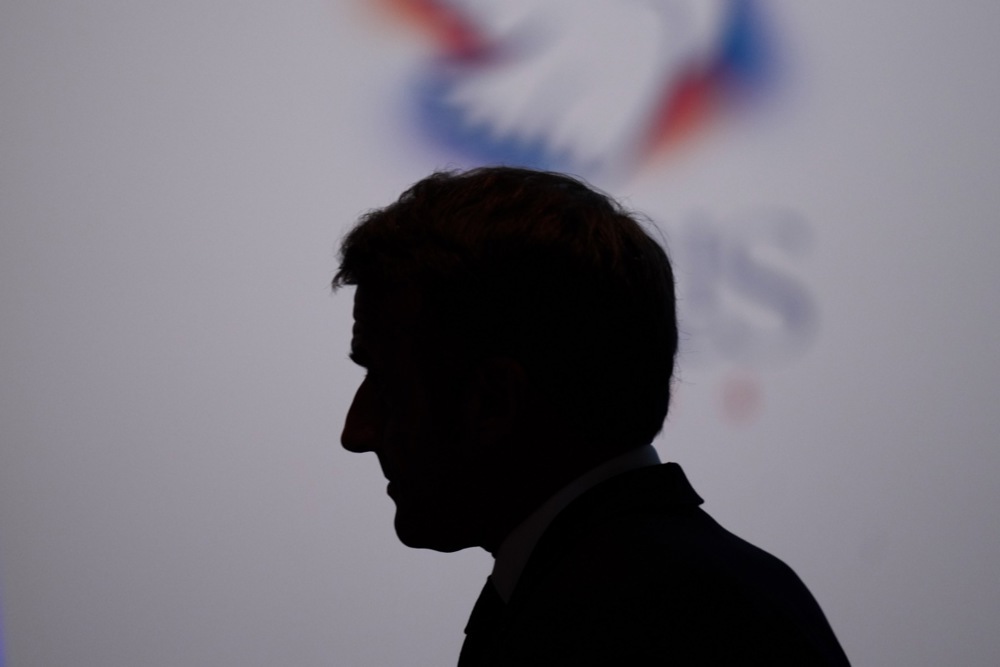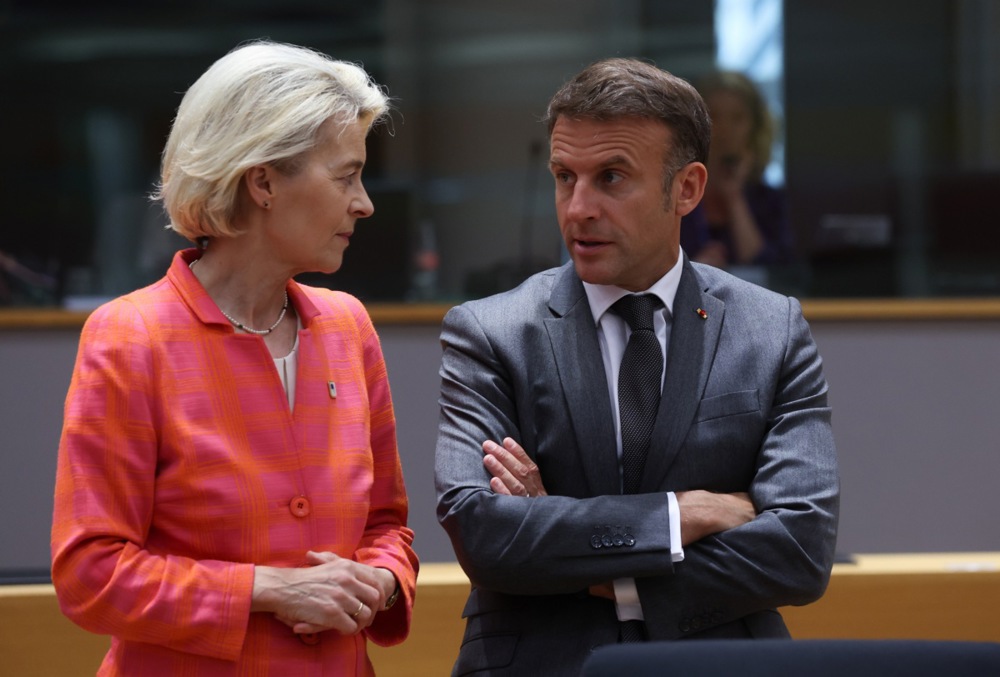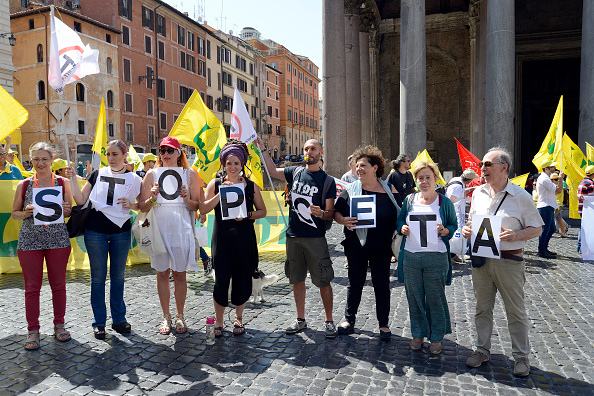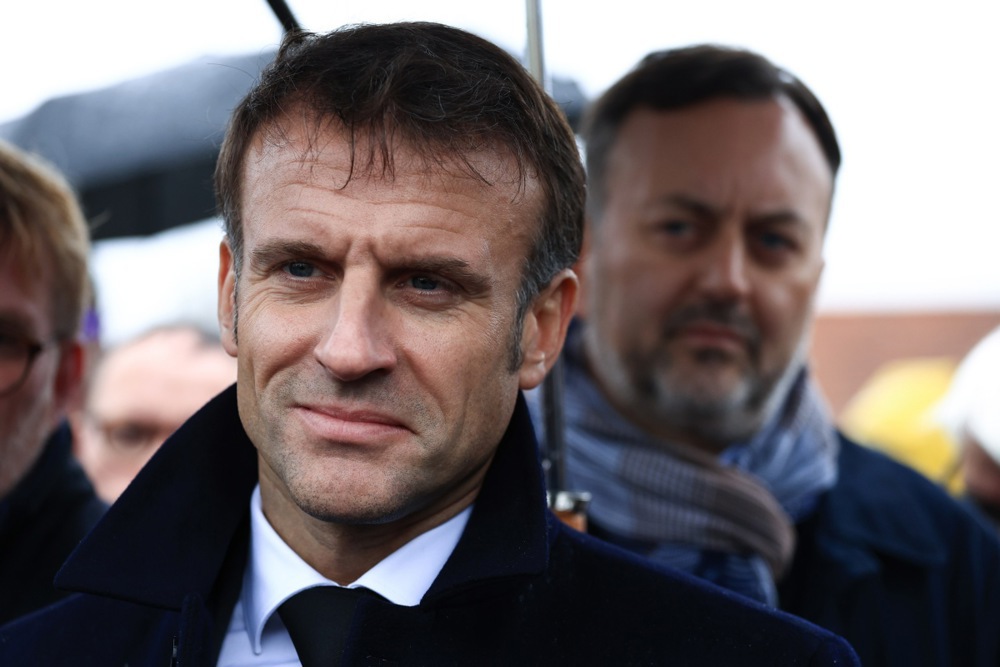French President Emmanuel Macron has pledged to block the proposed European Union-Mercosur trade agreement as farmers across France have ramped up pressure on the government to defend their interests.
The planned free-trade agreement between the EU and the countries in the Mercosur — the Southern Common Market — which includes Brazil, Argentina, Paraguay, Uruguay and Bolivia has proven controversial in recent years, even prompting violent protests in Brussels.
Macron reiterated his opposition to the signing of the free trade agreement on November 17.
On an official trip to Latin America for the G20 meeting in Brazil on November 18-19, Emmanuel Macron first stopped in Argentina.
Following his meeting with Argentina’s President Javier Milei, Macron said on November 17: “I told the Argentina President very clearly and sincerely that France, as it stands today, would not sign this Mercosur treaty.
“We do not believe in the pre-agreement as it was negotiated,” he added, arguing that the deal was now outdated in Europe and would be negative for Argentina.
According to Macron, the Mercosur trade deal would also be unfair to European and French farmers.
“We cannot ask our farmers in Europe and France, to change their practices, to stop using certain phytosanitary [plant health] products,” he said.
“We cannot ask them to maintain high-quality agriculture while simultaneously opening our market to massive imports of products that do not meet the same standards.”
Déplacement en Argentine, au Brésil pour le G20 puis au Chili : la déclaration du Président @EmmanuelMacron depuis Buenos Aires. pic.twitter.com/OAwgflarpt
— Élysée (@Elysee) November 17, 2024
As Macron embarked on his official trip to Latin America, French farmers escalated their protests against the trade deal.
?⚡️ PRÉFECTURE DE LA HAUTE-SAÔNE BLOQUÉE !
De nombreux collègues paysans sont actuellement rassemblés devant la préfecture à Vesoul où sont jetés dans la cour les panneaux des communes. #RevoltePaysanne pic.twitter.com/CjEwOKk4Wm
— Résistance Paysanne (@ResistPaysans) November 17, 2024
France’s efforts to block the trade agreement saw Prime Minister Michel Barnier travel to Brussels on November 13 to urge European Commission President Ursula von der Leyen to delay the deal’s signing.
Despite Paris’ vocal opposition and ongoing protests from French farmers, Paris has appeared isolated in its stance and, lacking the necessary blocking minority to veto the agreement outright, its ability to derail the deal seems limited.
The EC could sidestep the French veto by using a qualified majority vote to approve the trade deal. This would enable the agreement’s implementation, particularly on the commercialization of goods — a key point of contention for France.
The Mercosur deal aims to eliminate nearly all customs duties between the EU and the South American bloc.
If finalized and implemented, it could become the EU’s largest trade agreement to date, encompassing a market of some 780 million people.





